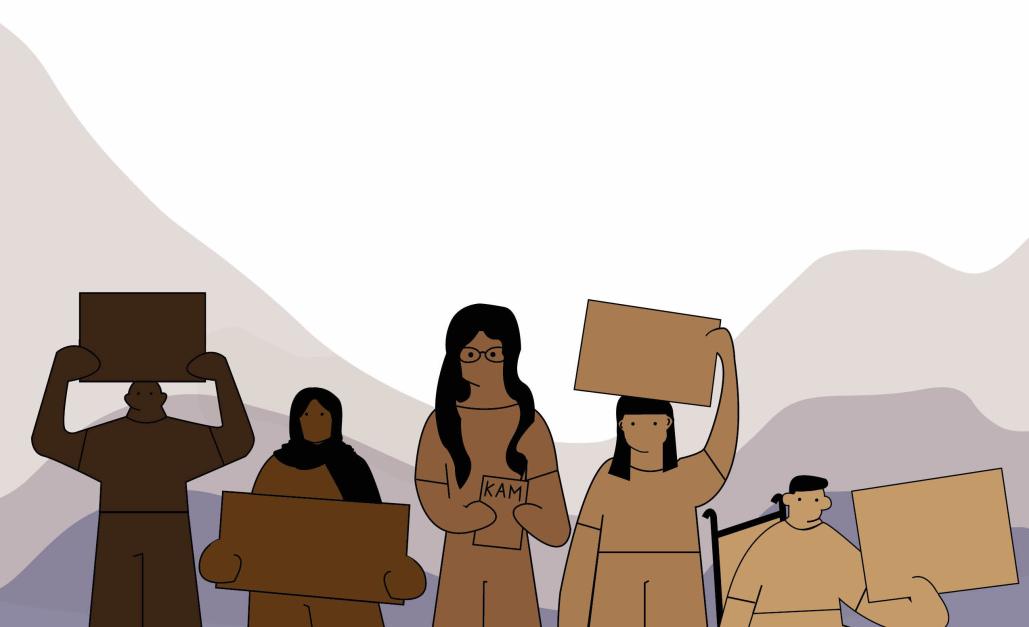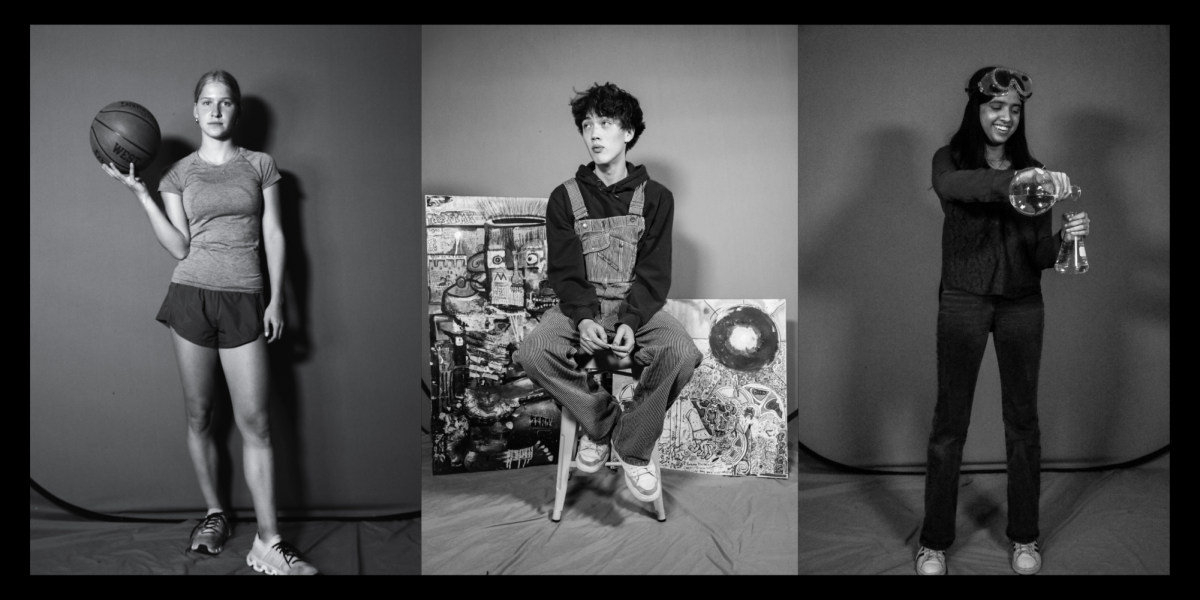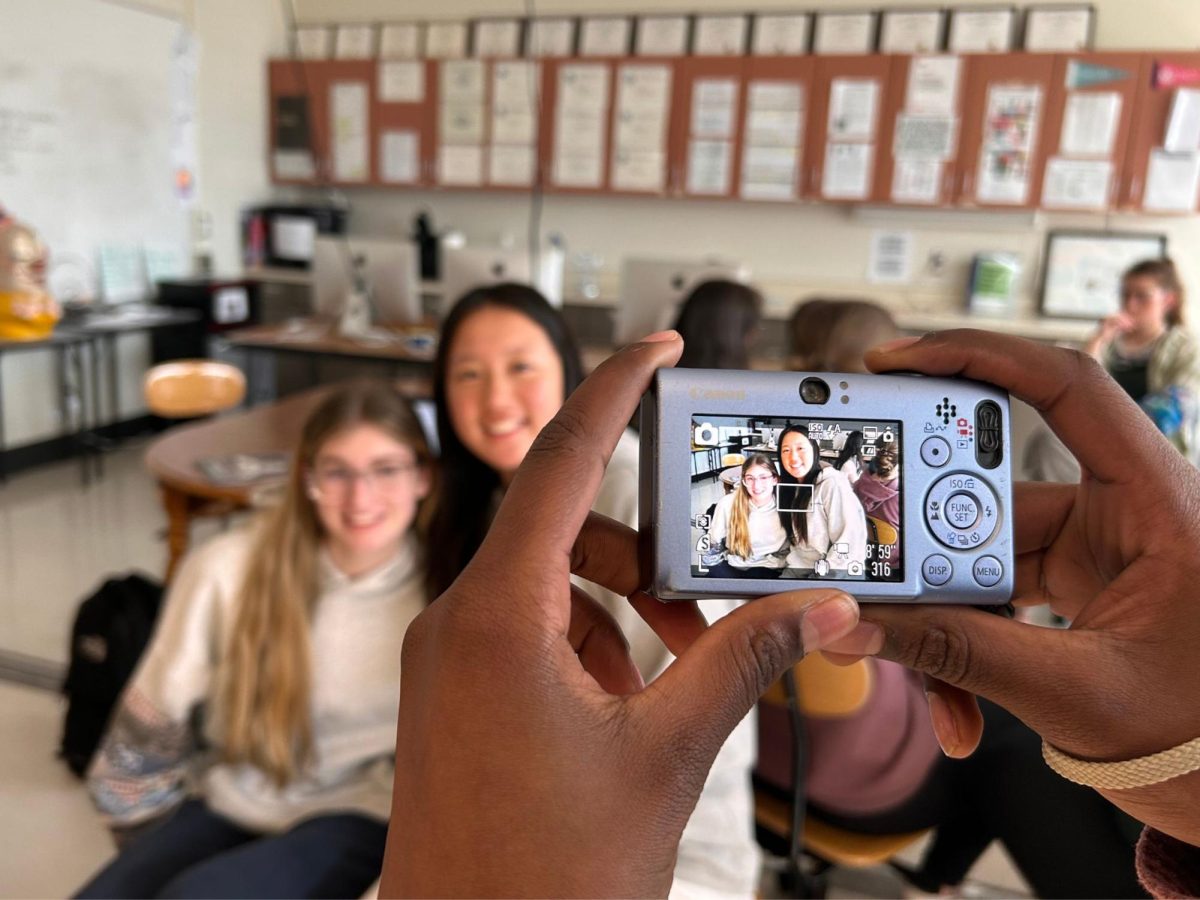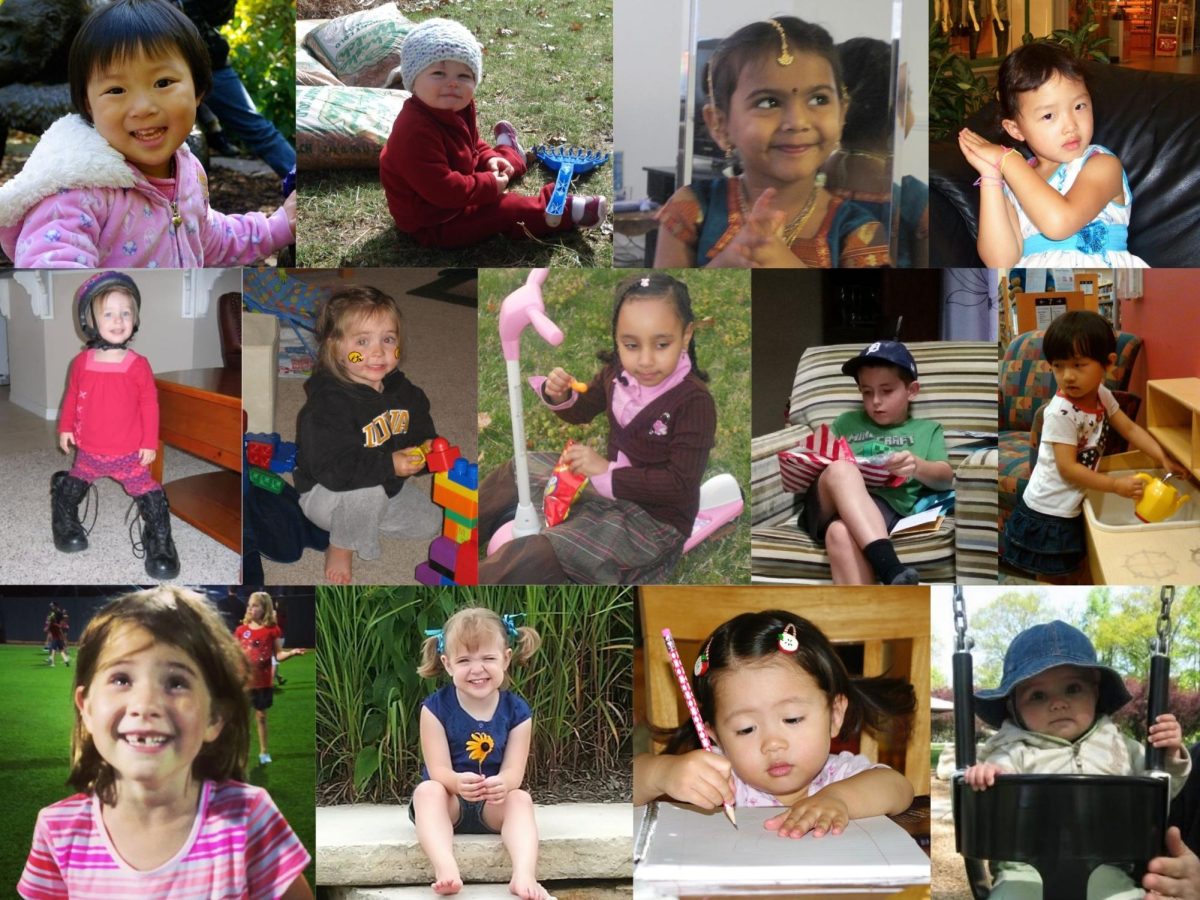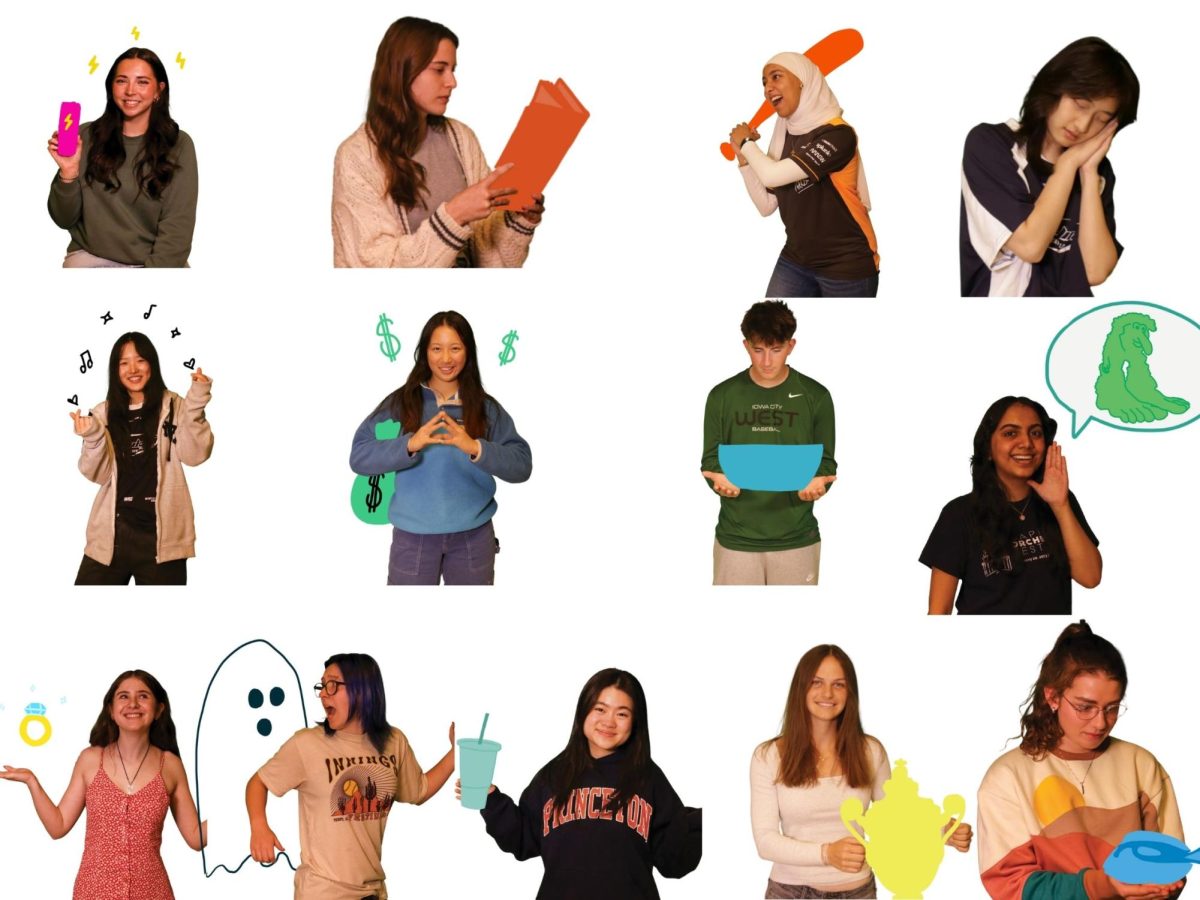In June, the Supreme Court struck down the use of affirmative action in college admissions. As defined by the Minnesota Department of Public Safety, affirmative action promotes employment and education opportunities for historically disadvantaged minority groups such as women, racial minorities and people with disabilities.
Affirmative action is vital to encourage upward mobility and enhance diversity within college campuses. It serves as an essential tool for addressing the historical injustices of racial discrimination, such as reparations for African Americans. While race should not be the sole determinant in college admissions, it should be considered within a holistic admissions process. Minority students in the United States often grow up in poor socioeconomic environments and have fewer resources to compete against their white counterparts, which may lead to lower test scores or fewer extracurriculars.
Despite being a minority group, affirmative action is viewed as discriminatory towards Asian Americans. According to research conducted by Princeton, Asian-American students who apply to highly selective institutions face significantly higher admission standards than similarly qualified Hispanic and Black applicants. To achieve equal admission chances, Asian Americans need 140 SAT points higher than whites, 320 points higher than Hispanics and 450 points higher than African Americans. There is implicit bias on other aspects of the application, such as Asian-American students needing more extracurricular activities, including sports and playing an instrument—this is known as the “Asian tax.”
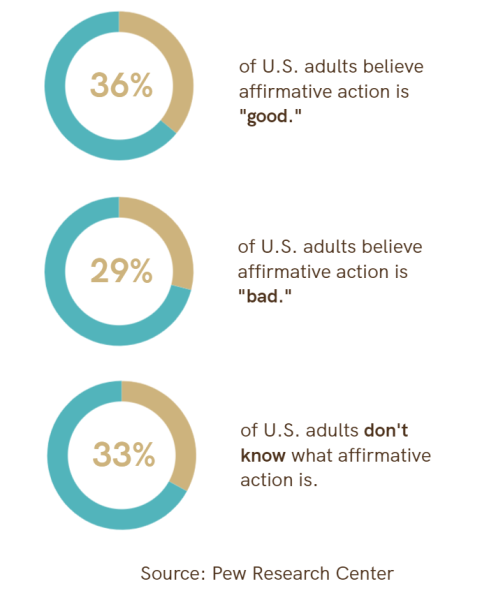
It’s essential to recognize that, instead of affirmative action, the greater odds Asian Americans face in college admissions result from societal expectations. The Model Minority Myth plays a role in imposing these unrealistic expectations, perpetuating a stereotype that portrays Asian Americans as inherently successful and high-achieving compared to other minority groups. This stereotype oversimplifies their experiences and undermines the challenges they encounter.
As an Asian-American, I feel pressure to conform to the rigid expectations of others. I recall instances where I have received lower grades for the same quality of work compared to other students with the justification of teachers “expecting more out of me” or “believing I have more potential.” I should be appropriately challenged with my coursework, but it should not come at the expense of my grades and well-being. Growing up as a first-generation immigrant, my parents instilled a strong work ethic that I deeply value. However, my high standards should not be held against me. Asian American students are generally perceived as academically gifted, leading educators to believe they can handle a heavier workload. These expectations can create intense academic pressure and competition for Asian American students, leading to a daunting fear of failure among them, such as myself.
When confronting these unfair expectations, I am not offered the same mental health support as students of other races. The expectation is always to be “on top of it” or “used to the pressure.” I have been in and out of the counselor’s office, always met with responses that suggested being patient or the stereotype that my family will “come around eventually” rather than receiving the attention my mental health truly deserves. Not recognizing that Asian Americans deserve the same level of mental health support as any other community is blatant racial profiling. According to UCLA Health, Asian Americans are 50% less likely to seek mental health support than other racial groups due to the stigma associated with their mental health issues. Mental health challenges affect individuals irrespective of their racial or ethnic backgrounds, and denying them equal access to care perpetuates harmful biases.
Instead of race, affirmative action should focus on addressing issues like legacy admissions and wealth disparity. Like many critics acclaim, minority status does not always correlate with low socioeconomic status. Although the Model Minority Myth portrays Asian Americans as wealthy, it masks the significant socioeconomic disparities in the Asian American community. My experience growing up in a lower-middle-class family challenges this stereotype; my academic accomplishments were not a result of having access to a tutor or a personal college admissions counselor. I lacked the same resources as others, and, as a first-generation immigrant, I am navigating the college admission process independently.
Complementary to affirmative action, a shift in our perspective regarding Asian Americans is necessary to promote true equity. Asian Americans face not only higher expectations in the college admission process but in everyday life, too.

